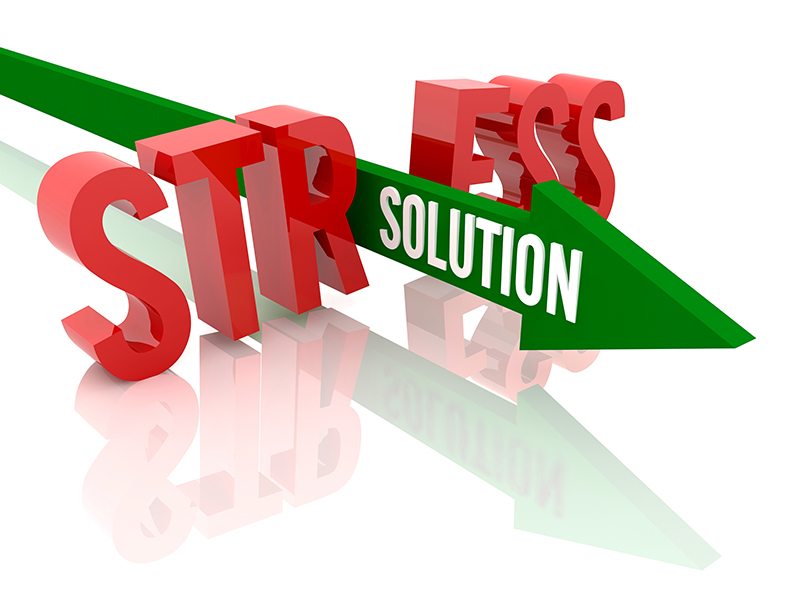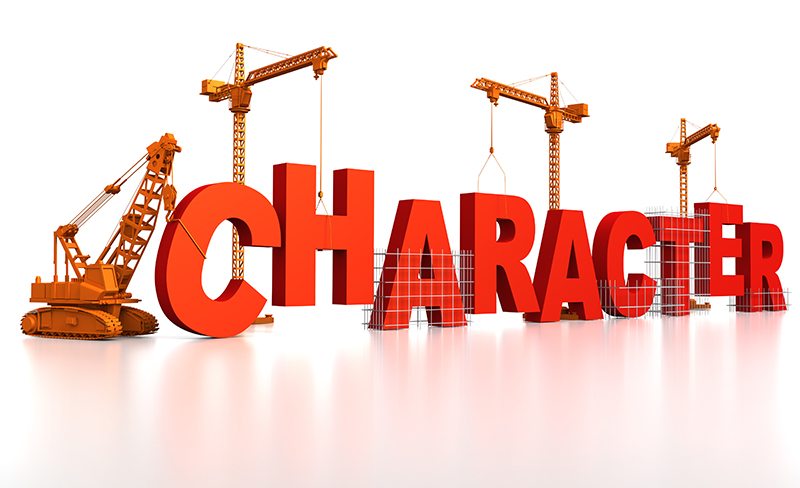
This week’s inspiration comes from Dr. Patricia Fosarelli and a new term she introduced to me in her lecture on Stress, Resilience, and Spirituality.
Like most of us, stress visits me on a daily basis. Years ago, I wrote about my favorite definition:
“Stress is the effort of the brain to adapt to a change in the environment.”
I loved that definition because it helped me attribute an emotional state to biological function, my brain’s effort to respond to change. I wasn’t irrational, grumpy, or rude — my brain just needed a moment to adjust to a new circumstance. If I looked hard enough, I could find the cause. Just naming the source offered some relief!
Dr. Fosarelli offered additional insight, describing stress in two ways: dis-stress and eu-stress. Dis-stress implies all the negative qualities that we typically associate with stress: anxiety, worry, pain. The term, eu-stress was new to me. The prefix “eu,” meaning good (as in euphoric), introduces the concept of “good stress.”
I’ve got to admit, I scratched my head on that one. What could possibly be good about stress?
As I listened to Dr. Fosarelli and researched more on my own, I realized that these terms are less about defining stress and more about how we handle stress. We can become dis-stressed or eu-stressed about the same event.
The difference is in how we perceive the situation.
In dis-stress, we interpret the stressor as “bad,” a negative threat, and out of our control. We approach it with our instinctive “reptilian brain” function where our fight or flight response resides.
With eu-stress, we respond with higher brain functioning and see the stressor as a challenge. We feel we will be able to rise to the occasion and manage it.
So how do we move from dis-stress to eu-stress? There’s no easy answer, but Dr. Fosarelli suggests the following means:
- Physical – Are we caring for our bodies, getting appropriate rest, nutrition, and exercise?
- Emotional – Do we have someone to confide in? Know what music or activities comfort us?
- Cognitive – Can we reframe the stressor by its relative importance or as an opportunity to learn?
- Spiritual – Can we recite a meditation or prayer? Name something that gives us meaning, joy, or sustaining hope?
If we are strong in these areas, then perhaps we will be more likely to view life’s inevitable bumps as challenges, even learning opportunities. Although eu-stress is uncomfortable, with the right attitude, it seems it could lead to tremendous personal growth.
In fact, the concept of eu-stress reminds me of what my father often said to me in my teenage years when I was faced with a problem.
“BB, just consider it a character-building experience.”

I never liked that answer, but now find myself saying the very same thing to my kids. Perhaps it’s way to reframe a stressor!
How about you? What strengthens you so you can move from dis-stress to eu-stress? I’d love to know your favorite way to reframe your circumstance and even, oh my, maybe begin “rethinking possible!”
My best – always,
Becky (Neehah! Note the new name!)
P.S. Thanks for your words of encouragement after last week’s column on failing to be gracious in my first TV interview.
P.S.S. Book update: Rethinking Possible is featured in the American Book Fest in two categories! Check it out here and here! And, for those in the Baltimore area, I’ll be participating in a Writers’ Roundtable on November 28th. Come see me!
P.S.S.S. Hope you had a Happy Halloween! Check out “Cindergella” and her wannabe carriage, the precious little pumpkin!

And Madison, singing while eating her chicken nugget, was dressed up like a kitty! She continues to transition beautifully! So grateful for your thoughts and prayers!

Sign Up Here, if you’d like to receive Thoughtful Thursdays via email.
Follow Me!